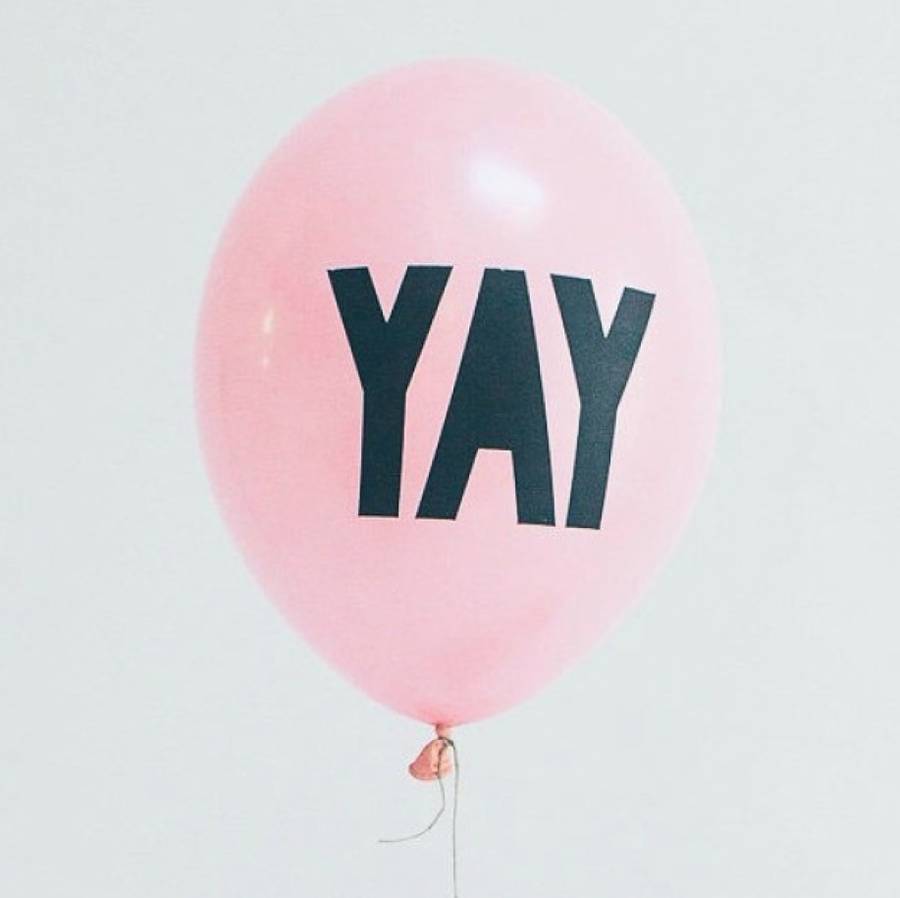I admit that the event crept up on me; I didn’t even know it was “a thing”. But on February 25th, when dozens of posts and tweets jumped out at me bearing the hashtag #cochlearimplantday, I sat up and took notice. After decades of hearing aid use, I had never expected to be a cochlear implant recipient, yet here I am, two years since activation. I quickly posted on Twitter.
Happy Cochlear Implant Day! Two years ago the doctor drew this on my forehead and I knew that when I woke up, the correct side would be altered forever and for better! Hug a CI peep today. #cochlearimplantday
But cochlear implants deserve more than a single day of recognition. We should applaud their existence, even those of us who don’t have one, because hearing aids work just fine for us, or for a family member. The innovation, the science and the passionate people who have created such miraculous advancements deserve a loud and lasting round of applause.
We should shout hooray, hooray, hooray for the incredible hearing technology which brings sound into our world, making it rounder, fuller.
We should have tears of joy in our eyes that the stigma of hearing loss is wearing off rapidly and we no longer have to feel shame. (Mind you, not everyone has read this memo yet!)
And we should have tears of empathy for the millions of people who cannot access this explosion of achievements because they haven’t heard about it, can’t afford it or their governments do not support it.
Where have we come from, technology-wise? A hand cupped behind the ear would have been the first attempt at hearing better. In medieval times, people used animal horns to collect sound to help them hear, which eventually led to the specifically designed ear trumpet. Then came modern technology with electronic hearing aids and since then, hearing technology has hurtled into the future, with no end in sight of what seems like daily new discoveries.
In my book, The Way I Hear It: A Life with Hearing Loss, I imagined what my life might have been like without the benefits of technology:
If I lived in the early 20th century rather than the 21st, the hard of hearing life would be very different. During WWI, I may have been put to work in factories considered too noisy for hearing people but perfect for someone who didn’t hear.4 At home, I might be considered dim and inarticulate, relegated to an ignored existence in the corner, performing menial chores. My family might hide me away when company came to call, or perhaps try to marry me off to an old, widowed farmer, talking me up as someone who “doesn’t hear much, but she can pull a plow and is good with the pigs.” (TWIHI: pg 59)
Let’s be grateful for every advancement that our hearing scientists make, as they build on previous knowledge. The latest and greatest may not always personal impact us, but it will support someone, somewhere who is a hearing aid user or a cochlear implant candidate/recipient. And since I’m bimodal – using one of each – I’m always interested in (and grateful for) what’s new!






